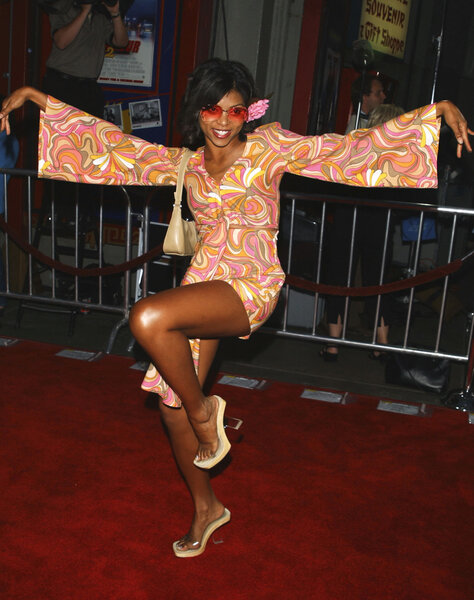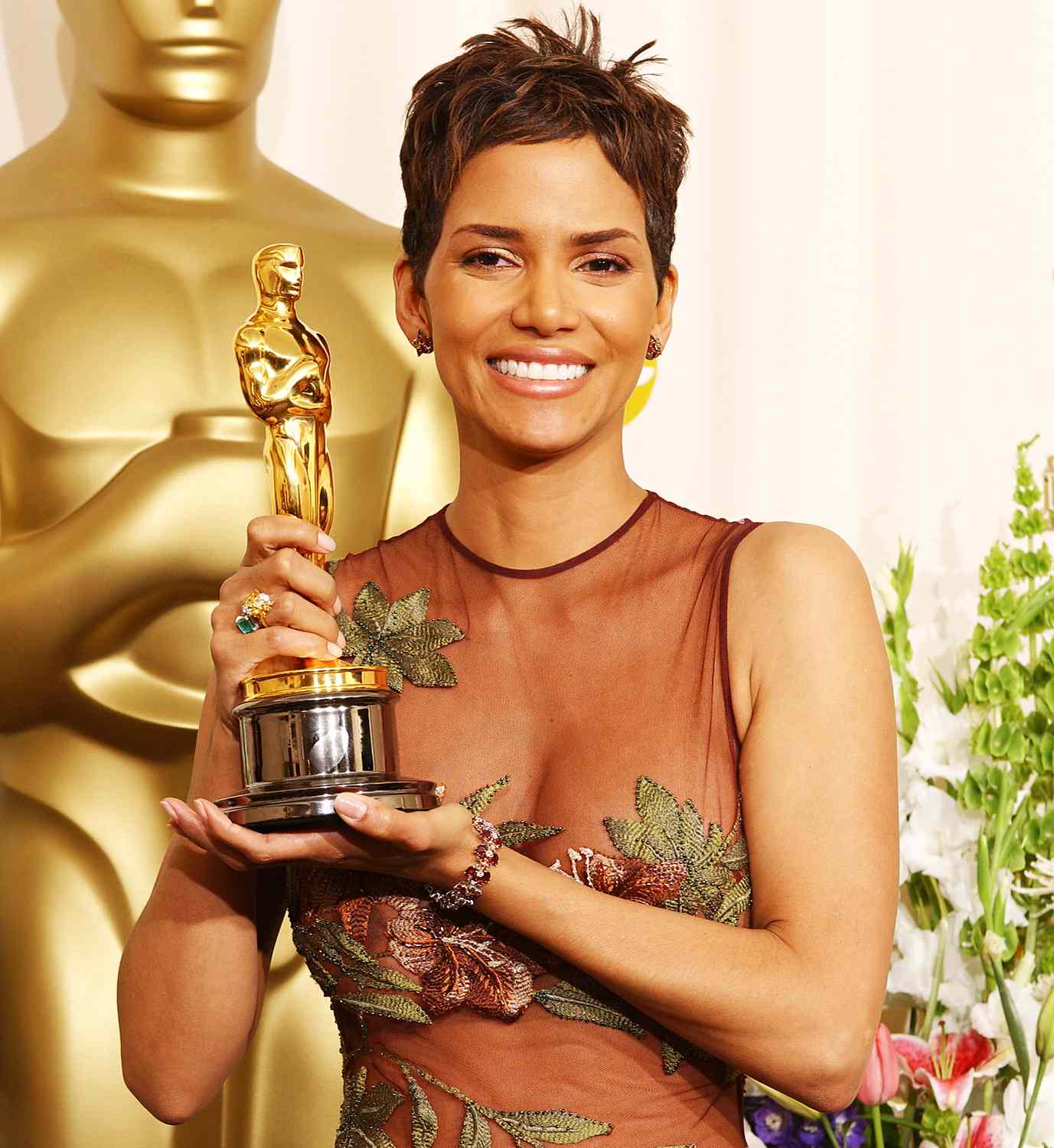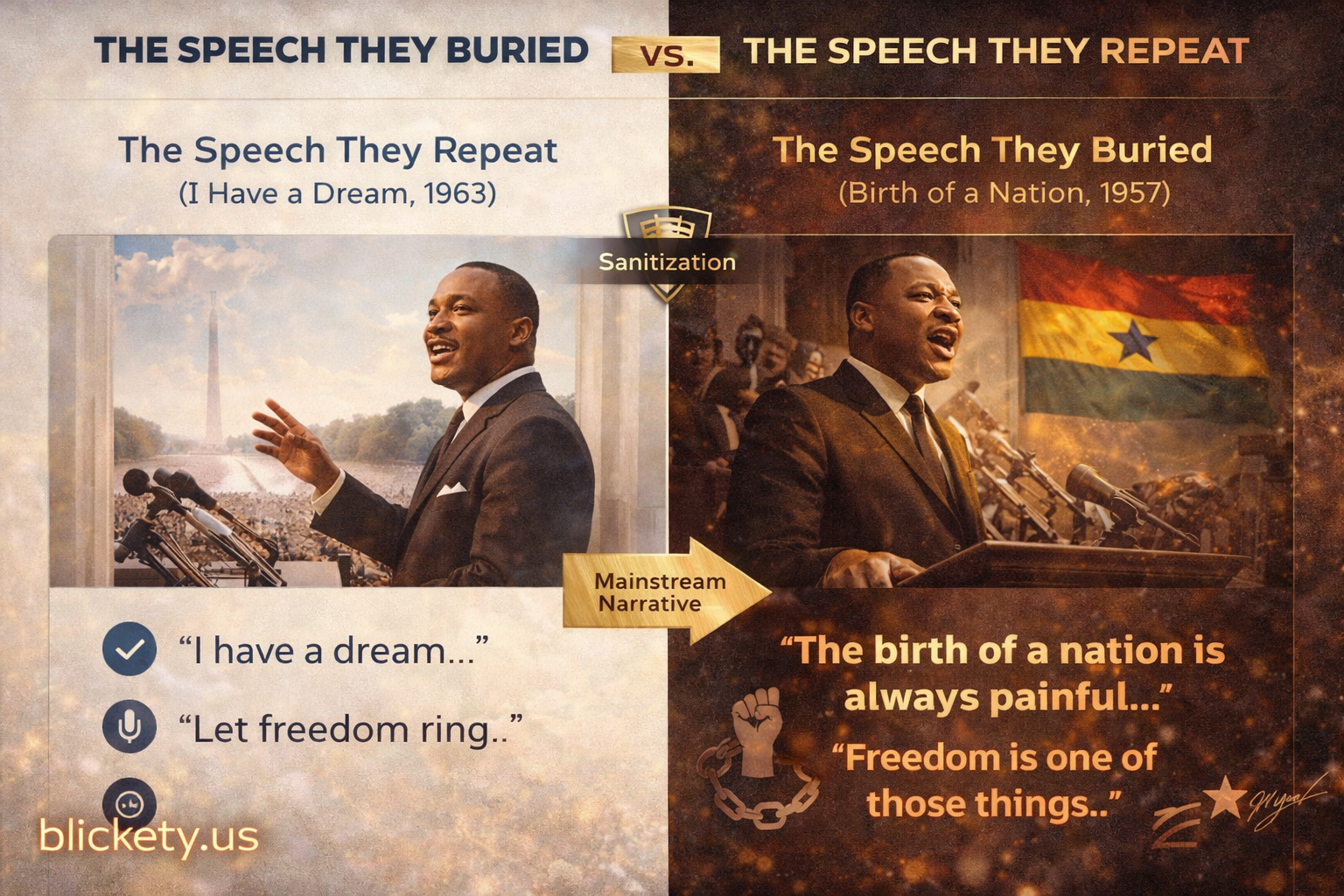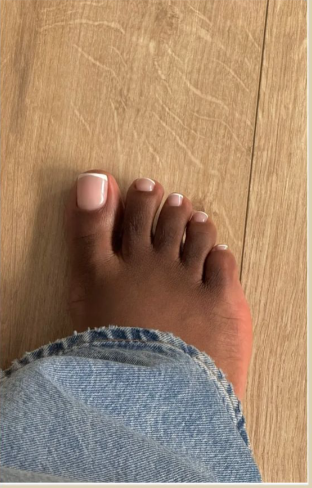
Breaking Barriers Yet Standing Alone
Halle Berry candidly discusses her position as the first—and only—Black woman to win the Oscar for Best Actress throughout the Academy Awards’ nearly century-long history.
In the Apple TV+ documentary “Number One on the Call Sheet,” Berry examines the aftermath of her groundbreaking 2002 win for “Monster’s Ball.” No other Black actress has claimed the award in the decades since.
“It’s forced me to ask myself, did it matter?” Berry reflects. “Did it really change anything for women of color? For my sisters? For our journey?”
A Pattern of Missed Recognition
The documentary highlights a sobering montage of Black actresses losing to white nominees year after year. Though 15 Black actresses have received nominations, including Cynthia Erivo (nominated twice), the pattern continues. This year, Erivo’s acclaimed performance in “Wicked” lost to Mikey Madison for “Anora.”
Hope Followed by Disappointment
Berry shares her optimism from 2021, when both Viola Davis and Andra Day competed for the award.
“I was at the table with Andra Day, and I was across the room from Viola Davis, and they were both nominated for stellar performances,” Berry explains. “I felt 100 percent sure that this was the year one of them was gonna walk away with this award. For equally different and beautiful reasons, they both deserved it.”
That year, Frances McDormand collected her third Oscar for “Nomadland” instead.
Rethinking Success and Recognition
Berry offers a powerful perspective on systemic barriers in the industry.
“The system is not really designed for us, and so we have to stop coveting that which is not for us,” she states. “Because at the end of the day, it’s ‘How do we touch the lives of people?’ and that fundamentally is what art is for.”
Industry Veterans Speak Out
The documentary features other prominent voices questioning this ongoing disparity.
Whoopi Goldberg expresses disbelief: “Wait a minute, none of us were good enough? Nobody? In all of these people, nobody? What are we missing here? This is a conversation people have every year.”
Goldberg represents one of just ten Black women who have won the Oscar for Best Supporting Actress—a telling contrast that Taraji P. Henson addresses directly.
“I don’t think the industry really sees us as leads,” Henson observes. “They give us supporting [actress awards] like they give out candy canes. That just—I don’t know what to do with that. Because what are you saying to me?”






